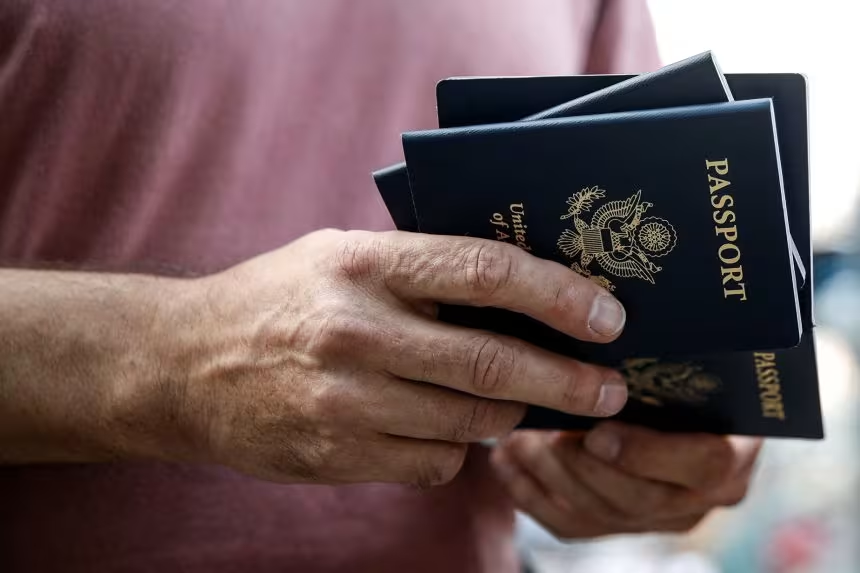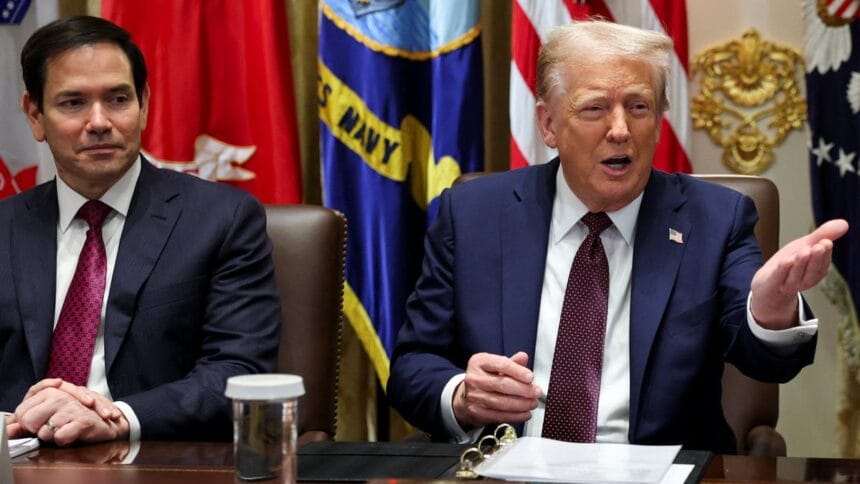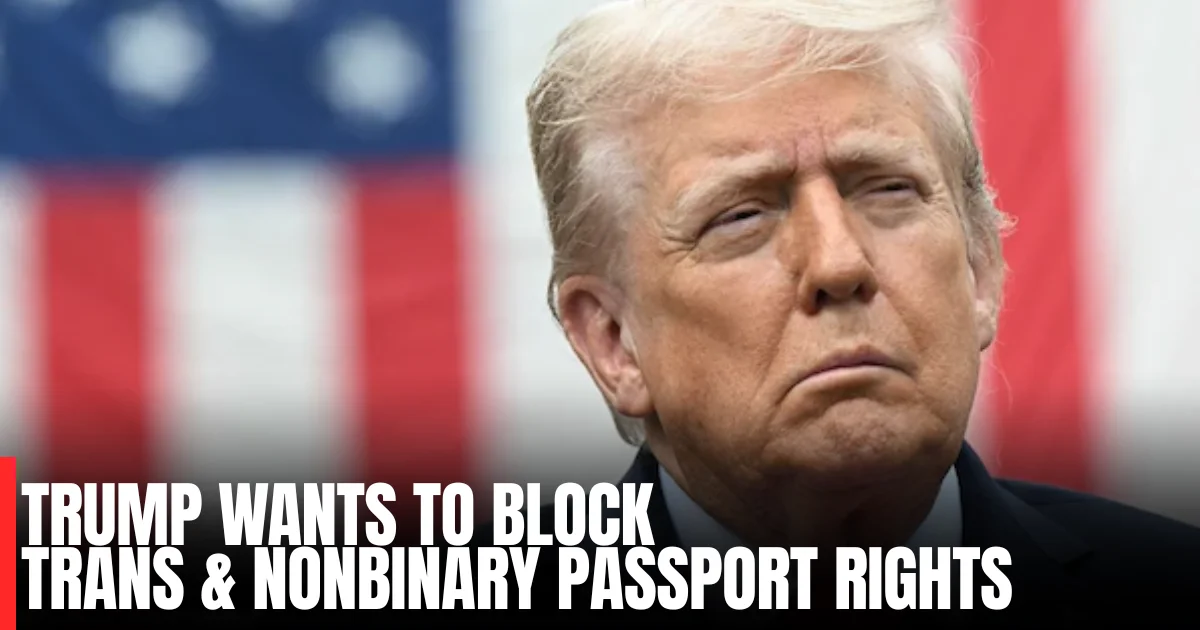The Trump administration urges the Supreme Court to restrict passport sex marker choices for transgender and nonbinary Americans. Learn the case details.
Table of Contents
Trump Administration Asks Supreme Court to Limit Passport Sex Marker Choice

The Trump administration has asked the U.S. Supreme Court to allow restrictions on passport gender markers for transgender and nonbinary Americans, marking the latest legal battle over LGBTQ+ rights in federal policy.
The move comes after lower courts blocked the administration’s attempts to roll back inclusive passport rules introduced during the Biden era.
The Executive Order Behind the Dispute
Shortly after taking office in January, President Donald Trump issued an executive order affirming that the federal government recognizes only two sexes — male and female — and declaring that these “are not changeable and are grounded in fundamental and incontrovertible reality.”
Following the order, the State Department suspended the processing of passport applications requesting the “X” gender marker, effectively reversing a 2022 policy introduced under President Joe Biden. That rule had allowed nonbinary, intersex, and gender-nonconforming Americans to select an “X” option on passports.
Legal Challenges and Lower Court Rulings

Civil rights groups quickly filed lawsuits, arguing that the rollback discriminated against LGBTQ+ individuals.
Earlier this year, U.S. District Judge Julia Kobick in Massachusetts blocked the government from enforcing the restriction nationwide. In her ruling, she explained that requiring applicants to list only “male” or “female” on passports classified individuals by sex and therefore demanded heightened constitutional scrutiny.
Judge Kobick emphasized that the policy could cause irreparable harm by forcing people to disclose their gender identity in everyday situations where passports are used, such as:
- Renting a car
- Opening a bank account
- Verifying identity for services
She further noted the risks of anxiety, psychological distress, harassment, and discrimination faced by affected individuals.
A federal appeals court in Boston also denied the administration’s request to lift the block, pointing out that the government had failed to adequately engage with constitutional equal protection concerns.
The Administration’s Supreme Court Appeal

On Friday, Solicitor General D. John Sauer filed an emergency appeal asking the Supreme Court to reinstate the restrictions.
He argued that:
- Private citizens cannot compel the government to use “inaccurate sex designations” on official identification documents.
- Passports are government property and a tool of communication with foreign governments, making accuracy essential.
- Lower courts incorrectly applied heightened judicial scrutiny, conflicting with a recent 6-3 Supreme Court ruling in June that upheld certain state-level restrictions on transgender rights.
Sauer stated that the latest precedent proves the policy “does not discriminate based on sex.”
Broader Implications for LGBTQ+ Rights
The case reflects a larger national debate over transgender rights and how government documents should recognize gender identity.
While the Biden administration had sought to expand inclusion with policies like the “X” gender marker, the Trump administration has taken steps to limit recognition of nonbinary and transgender identities at the federal level.
If the Supreme Court takes up the case, its ruling could have far-reaching consequences for identity rights, equal protection standards, and LGBTQ+ recognition in federal policy.
FAQs
1. What is the Trump administration asking the Supreme Court to decide?
The administration wants the Court to allow it to restrict passport gender markers to only “male” and “female,” removing the “X” option.
2. When was the “X” gender marker introduced on U.S. passports?
The Biden administration first allowed the option in April 2022 for nonbinary, intersex, and gender-nonconforming individuals.
3. Why did lower courts block the Trump policy?
Judges found that the restriction classified applicants based on sex and could cause irreparable harm, making it potentially unconstitutional under equal protection laws.
4. What happens if the Supreme Court sides with the administration?
The “X” option on passports would be removed nationwide, forcing individuals to select only male or female.
5. How many Americans use the “X” gender marker?
While exact figures vary, thousands of Americans have applied for passports with the “X” designation since its introduction.
Conclusion
The Trump administration’s appeal to the Supreme Court highlights a pivotal moment in the fight over LGBTQ+ rights in America. At stake is whether transgender and nonbinary individuals will continue to have the option of choosing an “X” gender marker on their passports — a choice many consider essential for dignity, safety, and recognition.
With the Court already playing a central role in shaping policies on gender and identity, this case could define the future of how the U.S. government handles gender inclusivity in official documents.

